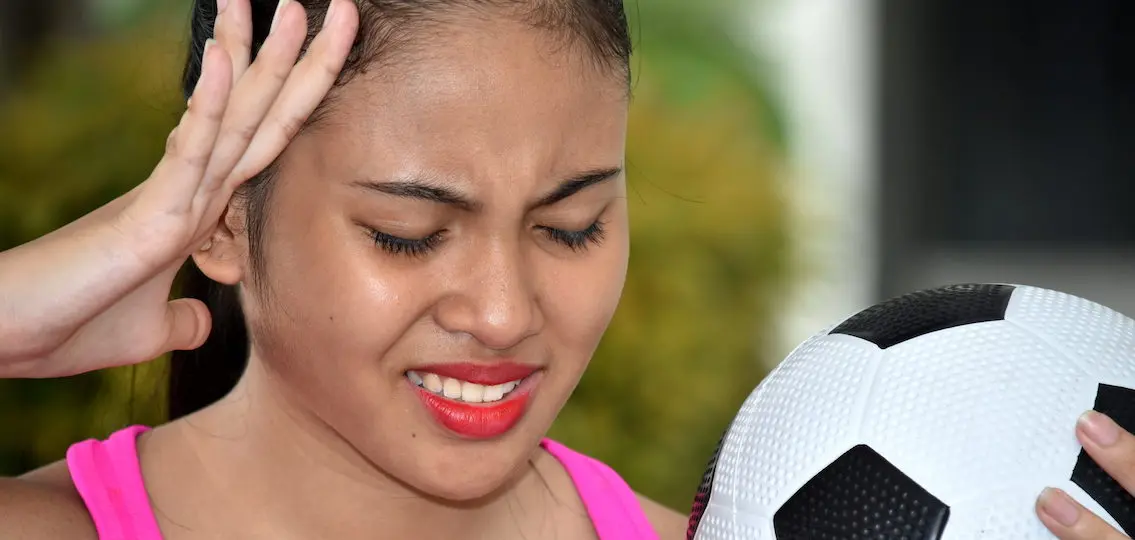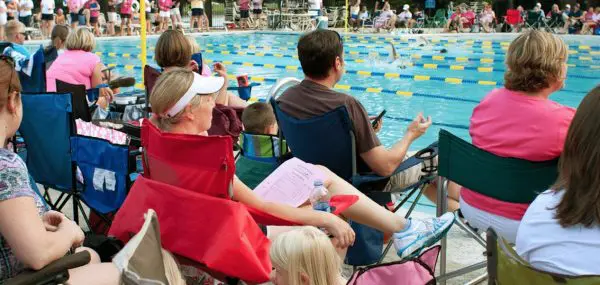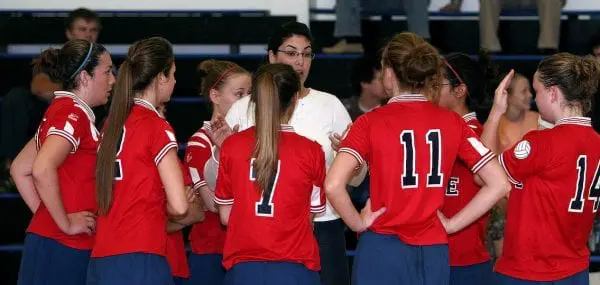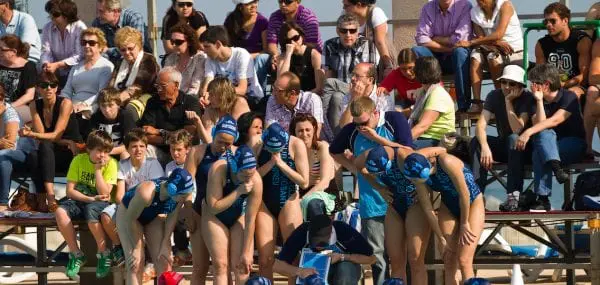Youth sports programs have many benefits: They can increase leadership qualities, academic performance, confidence, and lifelong physical health and fitness among children and teens. Still, athletes are starting to speak out about their troubling and often under-recognized struggles with depression, anxiety, substance abuse, and eating disorders.
In fact, the International Olympic Committee (IOC) recently published a large-scale study concluding that elite athletes are actually at higher risk for mental health issues compared to non-athletes.

Pressure to Perform
We tend to think of student athletes as high academic achievers and perfectionists—and indeed, research backs this up. They’re often physically fit, popular, and highly self-motivated. Outwardly, they may appear to be at the pinnacle of health and happiness. However, as recently reported in The Atlantic, the pressure to continue performing at higher levels despite changing bodies, rigorous academic schedules, and the potential for injury can lead teens to feel inadequate and out of control.
Anxiety and depression are growing concerns among all adolescents. “Twenty-five percent of teens will meet criteria for an anxiety disorder at some time during their teen years,” explains Dr. Claudia Reardon, associate psychiatry professor at the University of Wisconsin School of Medicine and Public Health and lead author of the IOC report. Mental health issues can arise even while teens appear to be managing their day-to-day responsibilities, says Reardon. Many will experience depression, social isolation, and substance abuse while still maintaining a rigorous academic and athletic schedule.
According to Reardon, some of the possible mental health risk factors for youth and teen athletes include:
- a lack of balance among academics, sports, and social lives
- pressure to compete
- unchecked perfectionism
- injury
- and even harassment and abuse from authority figures.
Given these risks, parents should monitor their teens for mental health concerns and, if necessary, seek professional help. For less serious strain, some simple practices can help protect teens from developing anxiety and an unhealthy self-image as they progress through the increasingly demanding sports system.
The Importance of Mindfulness for Teen Athletes: Integrating Mindfulness into Training
The most effective of these techniques is mindfulness, says Todd Corbin, co-author of the book Mindfulness and The Student Athlete. When teens learn to become more aware of their own senses and emotions, as well as the triggers that cause them, they can learn to crosscheck the intensity of those reactions against the facts of the situation.
Mindfulness and self-awareness are skills that need to be exercised like any muscle. The more mental reps an athlete performs, the more likely they will be to use them during times of stress. But practicing mindfulness doesn’t need to take extra time for busy teen athletes.
Instead, Corbin says mindfulness is about teens really experiencing what they are already doing. “When they are practicing their sport, they can feel the stretches in their body more,” says Corbin. “They can notice how it feels to skate, kick, or catch a ball, or what it feels like to sit down on the bench or to get in the pool.”
Then, in moments of stress, teens can use this technique of paying attention to their physical sensations. “Instead of chugging their drinks, slowing down and noticing—even if only for a few extra seconds—makes a huge difference.” These “mindfulness anchors” help the athlete focus on what’s happening in the moment rather than past or future anxieties, says Corbin.
Mindfulness as a Tool
Once teens learn to use mindfulness to become aware of their unique pressures, they can start to reframe those stressors into something more positive. For example, a teen who experiences anxiety and negative self-talk about losing a race or game (I stink at this) might reframe losses more as setbacks or opportunities (What can I learn from this?). Another who feels constantly busy can learn to recognize and appreciate brief moments of calm.
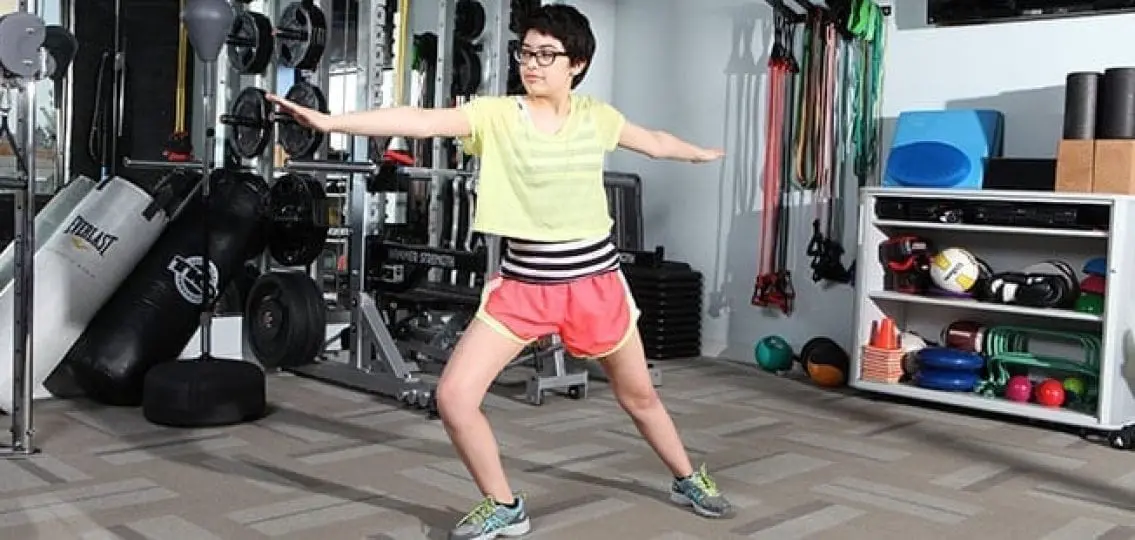
Mindfulness can bring clarity to a teen, whether they need a quick reality check for their emotional state, a quiet moment in the busyness, or even bigger moves like a reduced schedule or professional mental health advice. Noticing is the first step.
